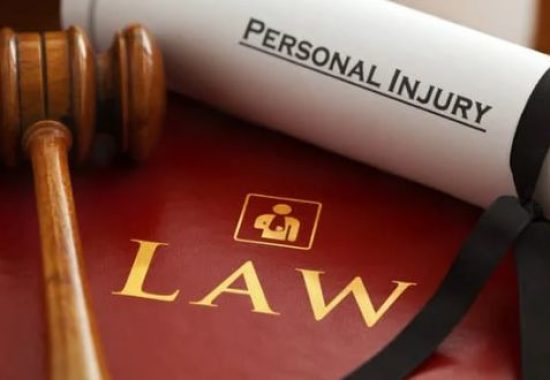
Choosing a career path within law can be a difficult thing for graduates to do. Law is a complex subject, and a cornerstone one for modern society; the 30-plus thousand law students that lean in to the subject each year have a gruelling academic process ahead of them – during which they must choose their preferred specialism.
With law being as wide as it is deep, there are many different specialisms for graduates to choose from. Personal injury is a popular direction for graduates to take, and one of the more publicly visible forms of law in practice. It is also one of the more direct routes by which law professionals can help others. But what are the steps necessary to becoming a personal injury lawyer?
Personal injury law relates to civil matters, as opposed to criminal matters. Personal injury lawyers seek compensation for injuries that have occurred by no fault of the injured party. Where an individual has suffered physical, psychological, or emotional injury due to the negligence of a person, business, or organisation, they may then make a personal injury claim.
Personal injury lawyers represent individual claimants in this civil action, seeking financial compensation for the harm they have endured. While criminal negligence may play a part in the incidence of injury, the personal injury lawyer uses tort law to ascertain civil responsibility.
Personal injury lawyers are client-facing solicitors, providing legal counsel and representation to those who have been demonstrably harmed and compromised through no fault of their own. Responsibilities include ascertaining the legitimacy of claims, guiding clients through the legal process and representing them in correspondence, alternative mediation and court. Personal injury lawyers may also choose to specialise in specific sub-categories of personal injury, from medical negligence to workplace accidents.
To excel in the field of personal injury, there are several key skills nothing short of essential for the budding solicitor. Personal injury lawyers must be well-organised, in order to effectively manage the case files for multiple clients; analytical skills are also a must for conducting thorough research.
Personal injury lawyers must also be good listeners, and empathetic to the plight of their clients. As such, excellent client-facing skills, including clear communication and negotiation abilities, are crucial for building trust.
To embark on a career in personal injury, it is important to take the right academic pathways. This typically involves obtaining an undergraduate LLB degree, followed by a Solicitor’s Qualifying Exam and a Legal Practice Course (LPC). Gaining practical experience is necessary between these achievements, through placements with solicitors in the same field.